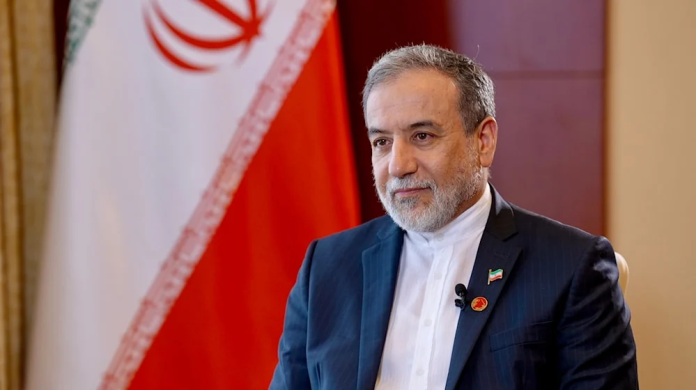Iranian Foreign Minister Abbas Araghchi confirmed that no date has been established for renewed negotiations with the United States or European powers regarding the nuclear accord, emphasising that neither mediators nor frameworks for indirect talks have been finalised.
Speaking on the sidelines of a cabinet meeting, Araghchi dismissed the legitimacy of “snapback” sanctions, asserting European states had effectively exited the Joint Comprehensive Plan of Action (JCPOA) through non-compliance.
Concurrently, discussions with the International Atomic Energy Agency (IAEA) regarding a revised cooperation framework remain unresolved. Araghchi stressed collaboration would only commence upon finalising terms aligned with Iran’s parliamentary legislation.
“Until we reach this new framework, cooperation will not begin,” he stated, underscoring Tehran’s insistence on domestic legal sovereignty.
Araghchi reiterated Iran’s support for peace between Armenia and Azerbaijan, confirming scheduled diplomatic engagements including calls with Armenian Prime Minister Nikol Pashinyan and Foreign Minister Ararat Mirzoyan, alongside an upcoming 13 August visit by Armenia’s deputy foreign minister to Tehran.
While welcoming recent bilateral agreements as aligning with Iran’s stance, he expressed unease over reports of an US-Armenian company’s involvement in transit projects within Armenia.
This concern directly references the contentious “Trump Route for International Peace and Prosperity” (TRIPP), a US-brokered corridor granting Washington exclusive 99-year development rights through Armenia’s Syunik province, which borders Iran.
The project triggered a stark rebuttal from Ali Akbar Velayati, Supreme Leader Ayatollah Khamenei’s senior advisor, who directly contradicted Araghchi’s measured tone. Velayati condemned the corridor as a “geopolitical provocation” threatening regional security and territorial integrity.
“With or without Russia, [Iran] will prevent the construction of the American corridor in the Caucasus,” he declared. “This crossing will not become a corridor owned by Trump, but a graveyard for Trump’s mercenaries.”
Velayati framed the corridor as a NATO infiltration tactic aimed at isolating Iran from Russia, vowing Tehran would block any foreign military presence near its borders.
